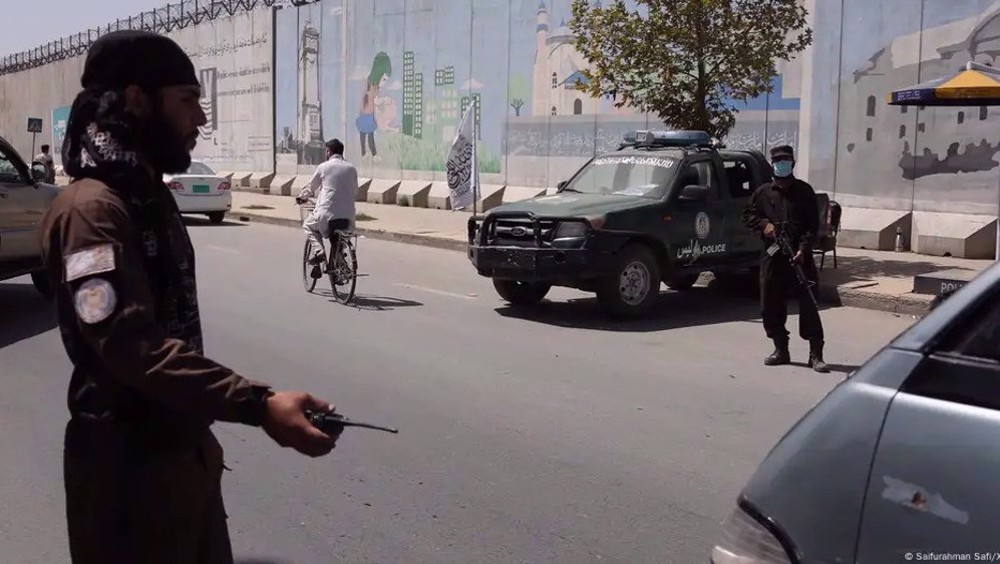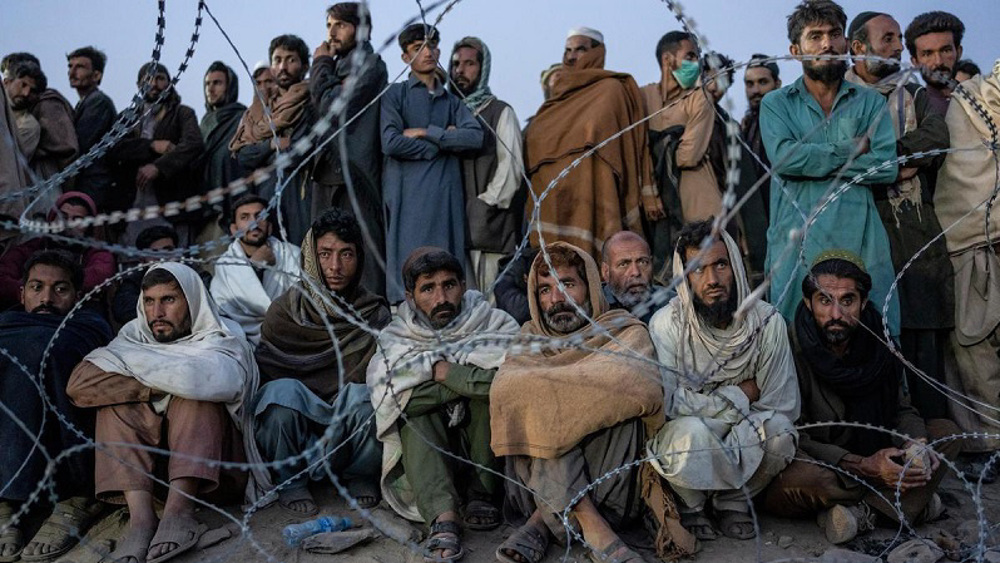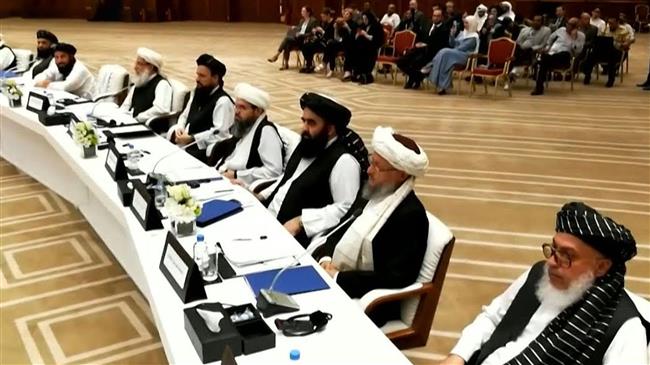Afghan forces, Taliban clash as Doha peace talks continue
Peace talks between Afghan government and the Taliban were held for the 2nd day, but reports of ongoing violent clashes back in Afghanistan are stark reminder of obstacles ahead.
The peace talks resumed Sunday in the Qatari capital Doha, where the Taliban have a representative office.
The talks are expected to tackle thorny issues, including a permanent cease-fire, the rights of women and minorities, and the disarming of tens of thousands of Taliban militants and militias loyal to warlords.
Constitutional changes and power sharing are expected to be on the agenda as well.
Abdullah Abdullah, the country's former chief executive officer who is heading the Afghan negotiating team, earlier said that achieving a significant reduction in violence and a permanent ceasefire would be among the first issues in Sunday talks.
He said the Taliban could offer a truce in exchange for the release of more of their jailed militants.
"This could be one of their ideas or one of their demands," said Abdullah, who also heads Afghanistan's peace council.
The first day included a formal ceremony and efforts to agree on a framework of the first direct negotiations between the two sides since a deal clinched between the United States and the militant group earlier this year.
At a ceremony opening the talks on Saturday, the Afghan government called for a ceasefire, but the Taliban did not mention a truce as they came to the negotiating table.
Diplomats and delegates warned during the opening ceremony that the negotiations will be arduous and messy.
"We will undoubtedly encounter many challenges in the talks over the coming days, weeks and months," US Secretary of State Mike Pompeo said in Doha.
Observers said that although getting both sides to the negotiating table was a major achievement, this does not mean the path to peace will be easy, especially with violence increasing around Afghanistan.
President Donald Trump made the withdrawal of US troops from Afghanistan a promise before the 2016 presidential election. In the countdown to the November presidential election, Washington has ramped up pressure to start intra-Afghan negotiations.
Afghan forces, Taliban continue to clash amid talks
The Afghan Defense Ministry said that Taliban and the government forces were still fighting in many places across the war-ravaged country.
"With the start of intra-Afghan talks, we were expecting the Taliban to reduce the number of their attacks, but unfortunately their attacks are still going in high numbers," Fawad Aman, a spokesman for the Afghan Defense Ministry said.
"We don't have exact information about the Taliban attacks on Saturday, but I can say the number of attacks has increased instead of decreased.”
Local Afghan officials said Sunday at least six police were killed in a Taliban attack in Kunduz overnight, while five officers were slain in another attack in Kapisa province.
A roadside mine blast in the capital Kabul also wounded two civilians, while another explosion in Kabul district resulted in no casualties.
Taliban spokesman Zabihullah Mujahid said in a statement that the militant group attacked a convoy of Afghan forces that had arrived to launch an anti-terror operation along a key highway in Kunduz.
He added that security forces carried out air and artillery strikes on Saturday night in the provinces of Baghlan and Jowzjan
On Friday, the eve of the inauguration of the talks, the Taliban carried out 18 attacks against government forces and installations across the country, inflicting heavy casualties.
The peace talks were held one day after the 19th anniversary of the September 11 terrorist attacks on the United States that triggered the US military invasion of Afghanistan.
The intra-Afghan talks were set to take place in March but have repeatedly been delayed over a prisoner exchange agreement made as part of the United States-Taliban deal signed in February.
Under the deal with the US, the Taliban agreed to stop their attacks on US-led foreign forces in return for the US troop withdrawal from Afghanistan and prisoner swap with the government.
The Afghan government was a party neither to the negotiations nor to the deal, but it has been acting in accordance with its terms, including by agreeing to free the Taliban prisoners.
Official data shows that bombings and other assaults by the Taliban have surged 70 percent since the militant group signed the deal with the United States in February.
Washington invaded Afghanistan and toppled the Taliban-run government in 2001 on the pretext of fighting terrorism following the September 11 attacks in New York.
Afghanistan has been gripped by insecurity since the US and its allies invaded the country as part of Washington’s so-called war on terror in 2001. Many parts of the country remain plagued by militancy despite the presence of foreign troops.
American forces have since remained bogged down in Afghanistan through the presidencies of George W. Bush, Barack Obama, and now, Donald Trump.
About 2,400 US soldiers have been killed, along with unknown numbers of Afghan troops and Taliban militants. More than 100,000 Afghans have been killed or injured since 2009 when the UN Assistance Mission in Afghanistan began documenting casualties.
Qatari foreign minister holds talks in Tehran with FM Araghchi, Iran’s top security official
Diplomacy Iran’s priority, but forced negotiations unacceptable: President
VIDEO | IRGC is part of Iran’s national army: Pundit
FM: IRGC upholds peace, stability as foreign meddling fuels escalation
VIDEO | Trump Epstein files scandal
VIDEO | Global order on the brink
VIDEO | 47th anniv of Islamic Rev.
Israeli claims of ceasefire violations meant to 'justify massacres' in Gaza: Hamas




















 This makes it easy to access the Press TV website
This makes it easy to access the Press TV website